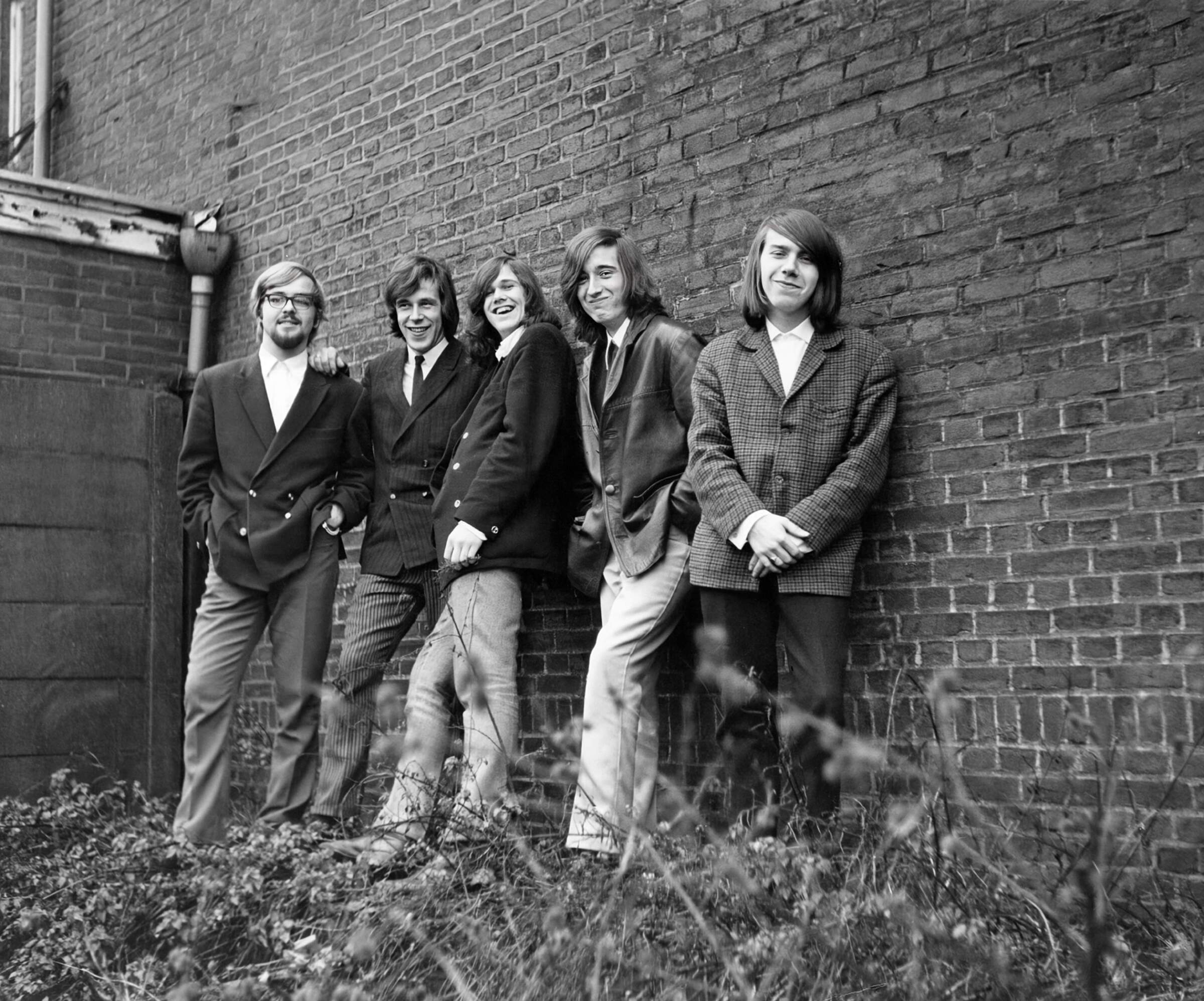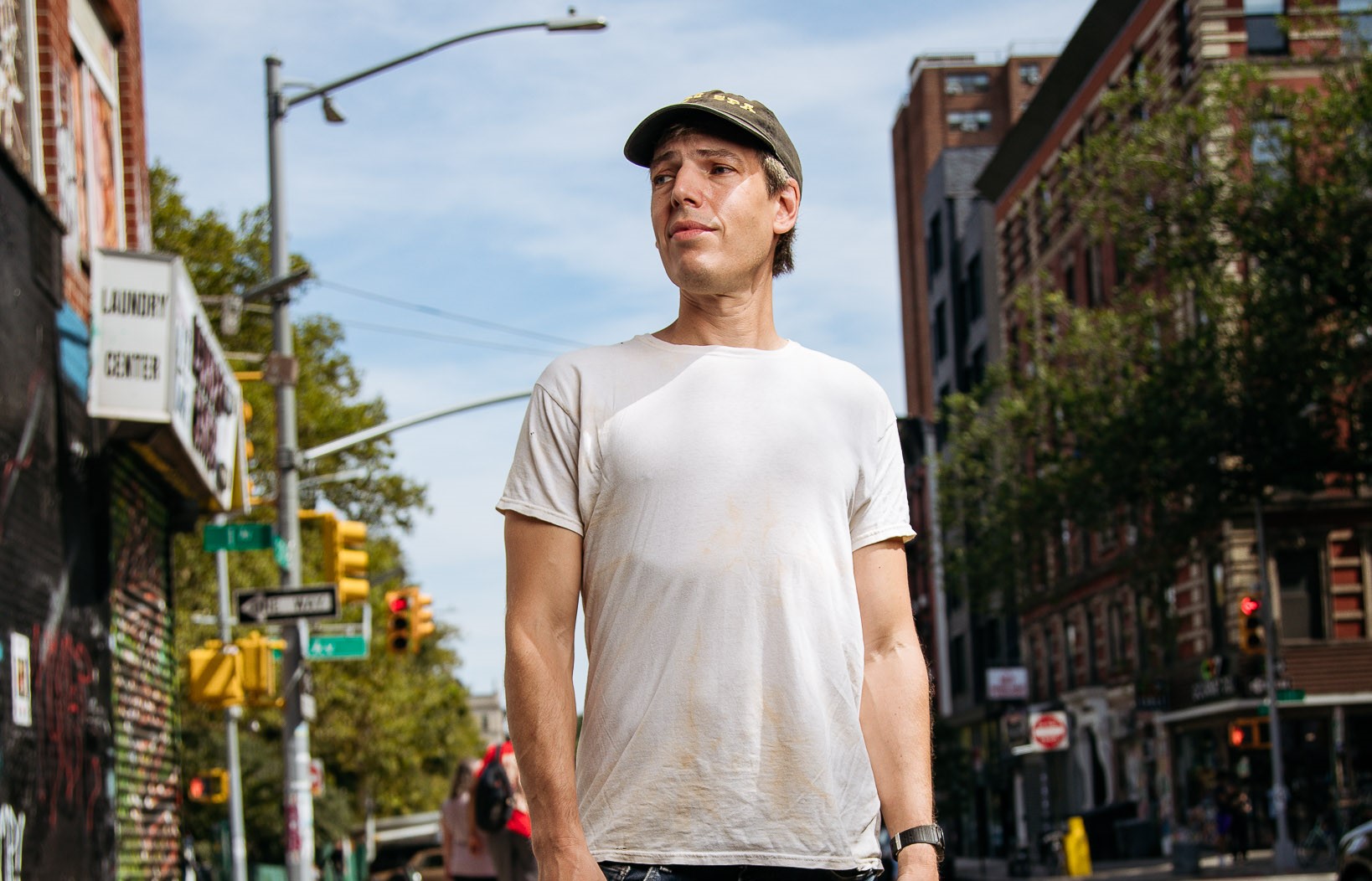Q65 | Interview | Frank Nuyens | Unveiling the New Box-Set ‘The Life We Live’
Emerging from the vibrant music scene of the 1960s Netherlands, Q65 stood out as one of the most electrifying and rebellious bands of their time.
Their impact, both then and now, transcends mere music, embodying a lifestyle of defiance against conformity. From their explosive debut with hits like ‘You’re The Victor’ and ‘The Life I Live’ to the masterpieces ‘Revolution’ and ‘Afghanistan,’ Q65 continually pushed musical boundaries. Even through lineup changes and hiatuses, their legacy persisted until the tragic loss of singer Willem Bieler in 2000. Now, ‘The Life We Live’ anthology immortalizes their journey, compiling their entire recorded works from 1966 to 2000 across 11 meticulously curated CDs. Accompanied by Frank Nuijens’ solo album ‘Rainman’ and a treasure trove of unreleased tracks and rare live recordings, this collection is a testament to Q65’s enduring influence. Moreover, the anthology is enriched by a lavishly-illustrated coffee table book, meticulously researched and adorned with liner notes by Mike Stax, providing fans with a comprehensive glimpse into the band’s world. In essence, ‘The Life We Live’ serves as the ultimate homage to Q65, encapsulating their essence in a spectacularly packaged box set.
In the following interview, Nuyens reminisces about his earliest musical influences, attributing his passion for music to his father’s Hawaiian orchestra days. Transitioning to discussions about ‘The Life We Live’ anthology, Nuyens sheds light on the arduous yet rewarding process of curating the extensive collection alongside Hans van Vuuren. Delving into the challenges faced, including sourcing and selecting materials from a vast archive, Nuyens emphasizes the meticulous efforts invested in ensuring the anthology’s completeness. As the conversation delves deeper, Nuyens unveils fascinating anecdotes from Q65’s heyday, reminiscing about their infamous promo tour and tumultuous performances. Transitioning to discussions about his solo album ‘Rainman’ featured in the anthology, Nuyens reflects on its unique folk-inspired essence and its seamless integration into Q65’s broader narrative. Through Nuyens’ candid insights, we capture the essence of Q65’s enduring legacy, portraying them as trailblazers in the Dutch rock and beat music scene of the 60s.
‘The Life We Live: Anthology 1965-2000’ (Deluxe box set) is available here!
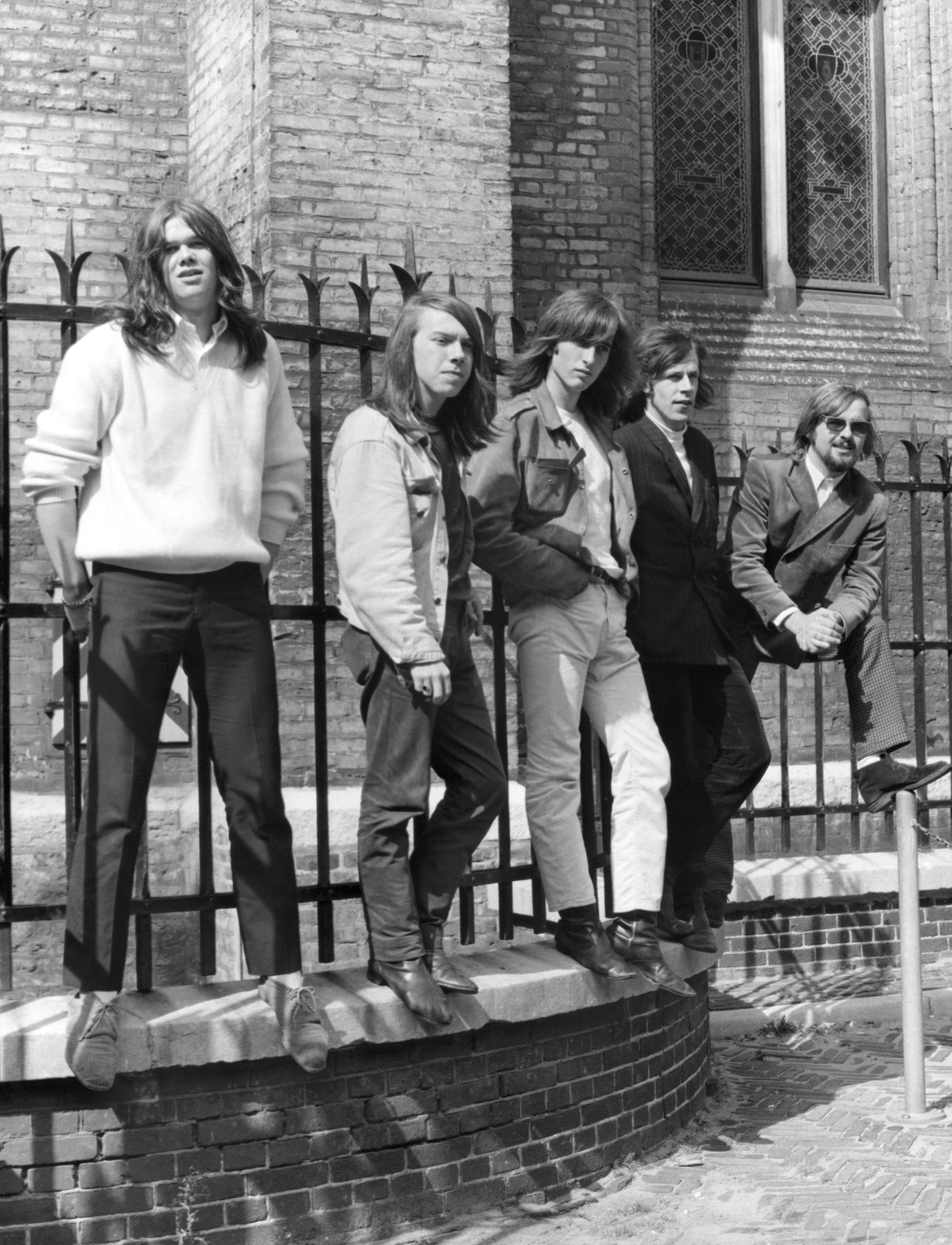
“The differences between the albums were a natural happening”
You’ve had an incredible career. Would you like to share some of the earliest recollections that got you interested in music?
Frank Nuyens: My dad played lap steel guitar in a Hawaiian orchestra in the 30s, in addition to being interested in many different genres of music. I think his joy for music infected me at a young age.
Can you share some insights into the process of working with Hans van Vuuren curating and compiling the extensive collection that makes up ‘The Life We Live’ anthology? What were some of the challenges you faced in sourcing and selecting the material?
Hans van Vuuren bombarded me with questions about my past. Quite often I had to go way down memory lane to retrieve the answers. Hans had amassed an enormous digital collection of material, from photographs to posters to newspaper clippings, to help jog my memory. He had been working on this since 2013, gathering content for the book!
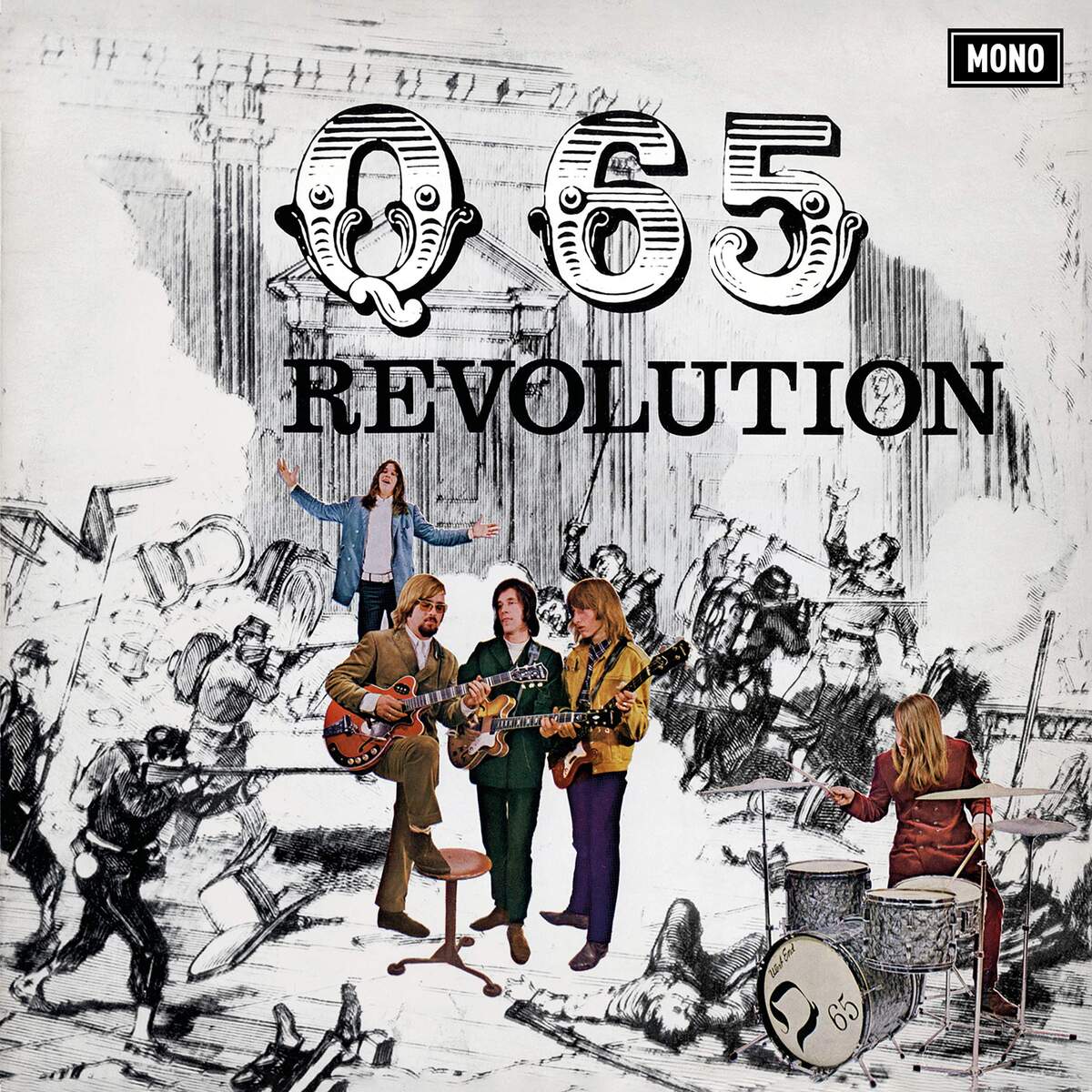
With such a vast archive of recordings, how did you prioritize what to include in the anthology? Were there any specific criteria you followed in making those decisions?
Hans has spent a lot of time searching for the highest quality sound recordings and that took a lot of time and effort. All original recordings of the band had to be listened to again and analyzed. Next to that, a lot of the tapes had gotten “lost” or archived in the wrong place, so a lot of searching had to be done. But all’s well that ends well, as all recordings ended up found again.
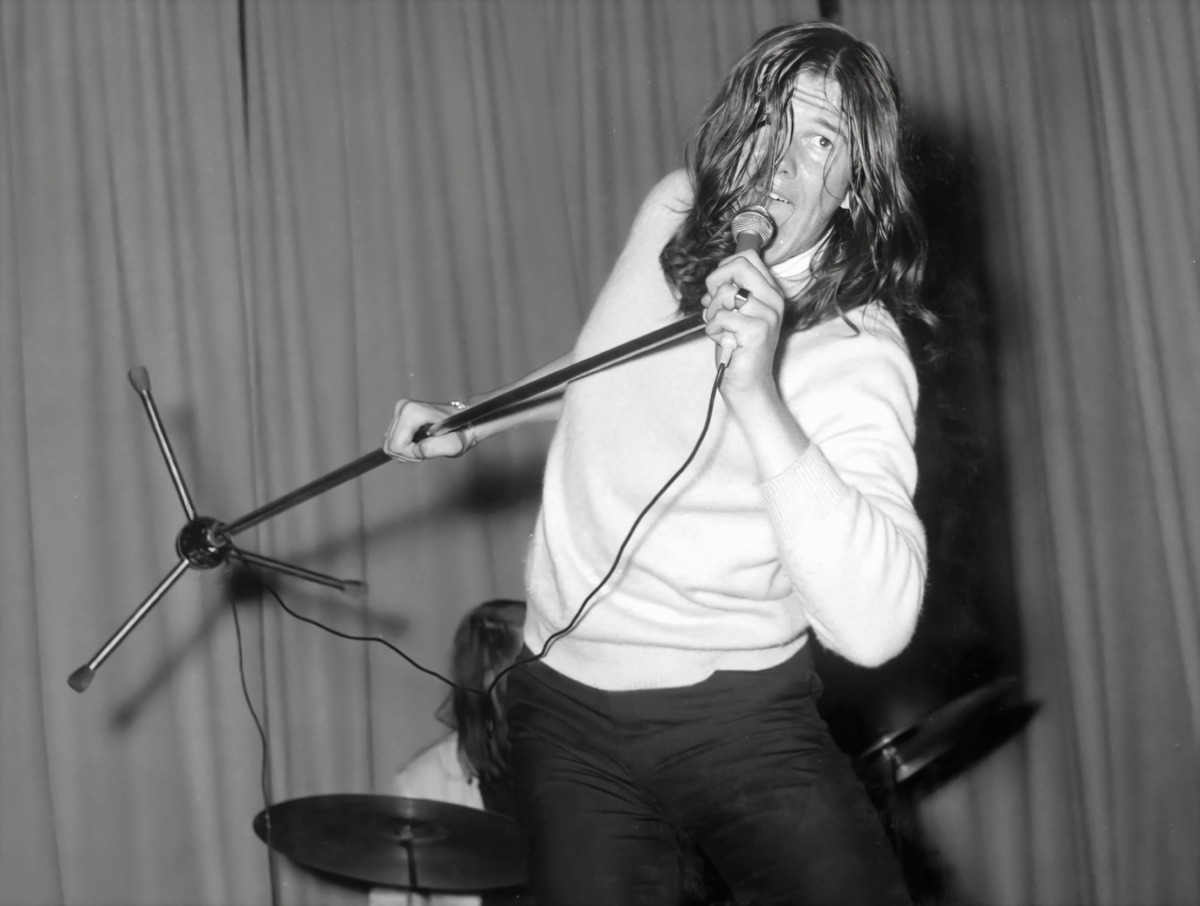
‘The Life We Live’ includes previously unreleased outtakes, alternate mixes, and rare live recordings. Can you tell us about some particularly noteworthy or surprising discoveries while delving into the band’s archives?
The original 1968 recording of ‘Mothers Mutha’s Great Sundance’ ended up in the possession of Circus manager Hugo Gordijn. I had given the studio tape of Medusa to Ron de Bruijn, an avid Q65 archivist, in the early 80s. Luckily, Ron had many more studio recordings in his possession. He has been collecting material of ours since the late 60s and always took great care that we can draw as much material as needed from his archive for the box!
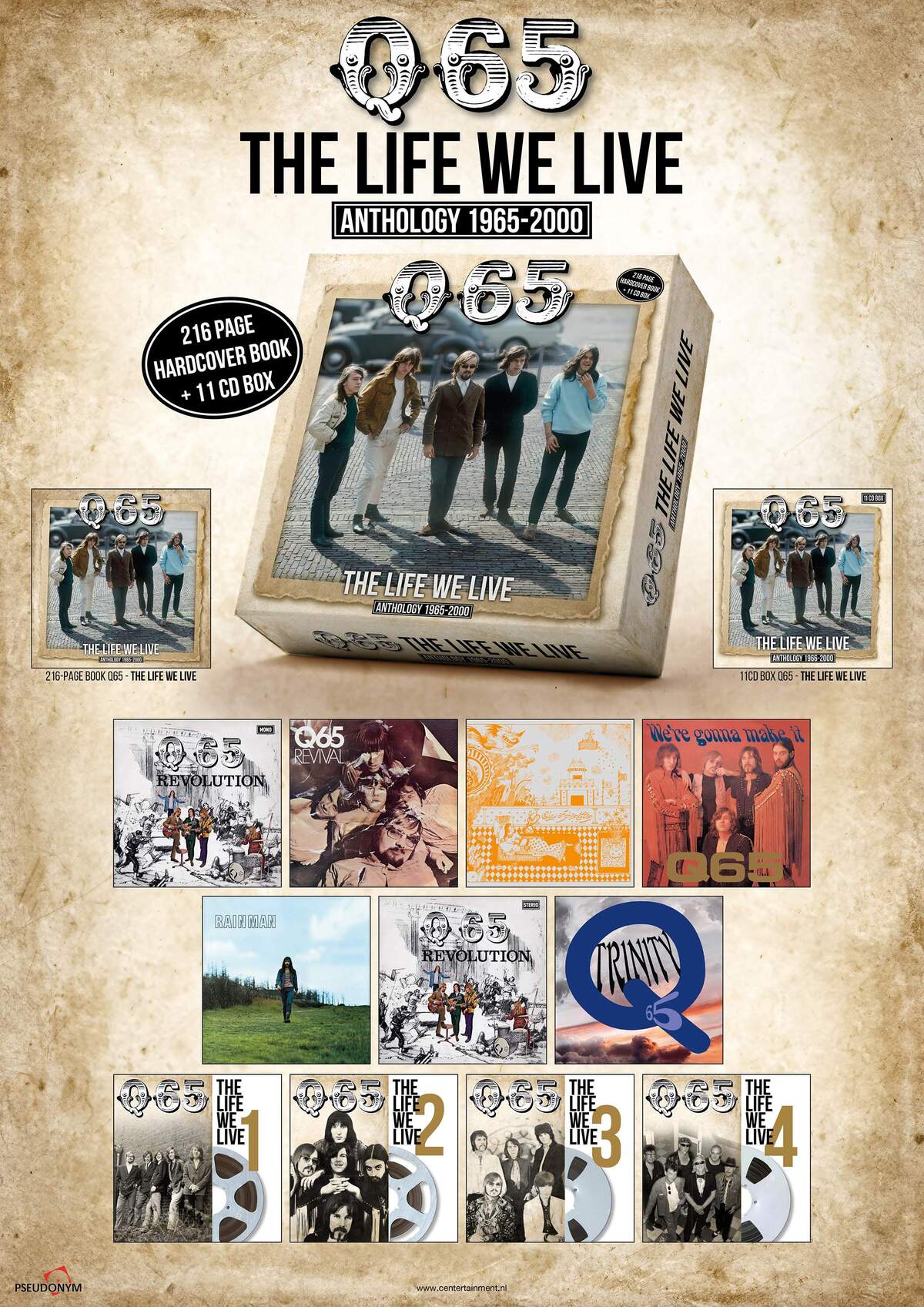
The anthology includes a detailed hardcover coffee table book with liner notes by Mike Stax, along with a wealth of visual material sourced from the band members’ personal archives. What was the process like of compiling this visual history, and what do you think it adds to the overall experience of the anthology?
No expense was spared by Hans van Vuuren in scanning photos and other material from the large archives throughout the Netherlands, in addition to drawing from the scrapbooks of family members and friends of the band. Mike Stax, of Ugly Things magazine, interviewed everyone who was ever involved with Q65: Beer Klaasse, Joop Roelofs, Peter Vink, sound engineer Jan Audier, producers Peter Koelewijn and Hans van Hemert, and of course myself, next to many others. And of course, Ron de Bruijn, who detailed everything about Q65 and the events surrounding them. He started doing this in the spring of 1966, leaving an extremely detailed timeline for Hans to start creating a complete historical overview. And of course the many others who contributed essential materials, memories, and more.
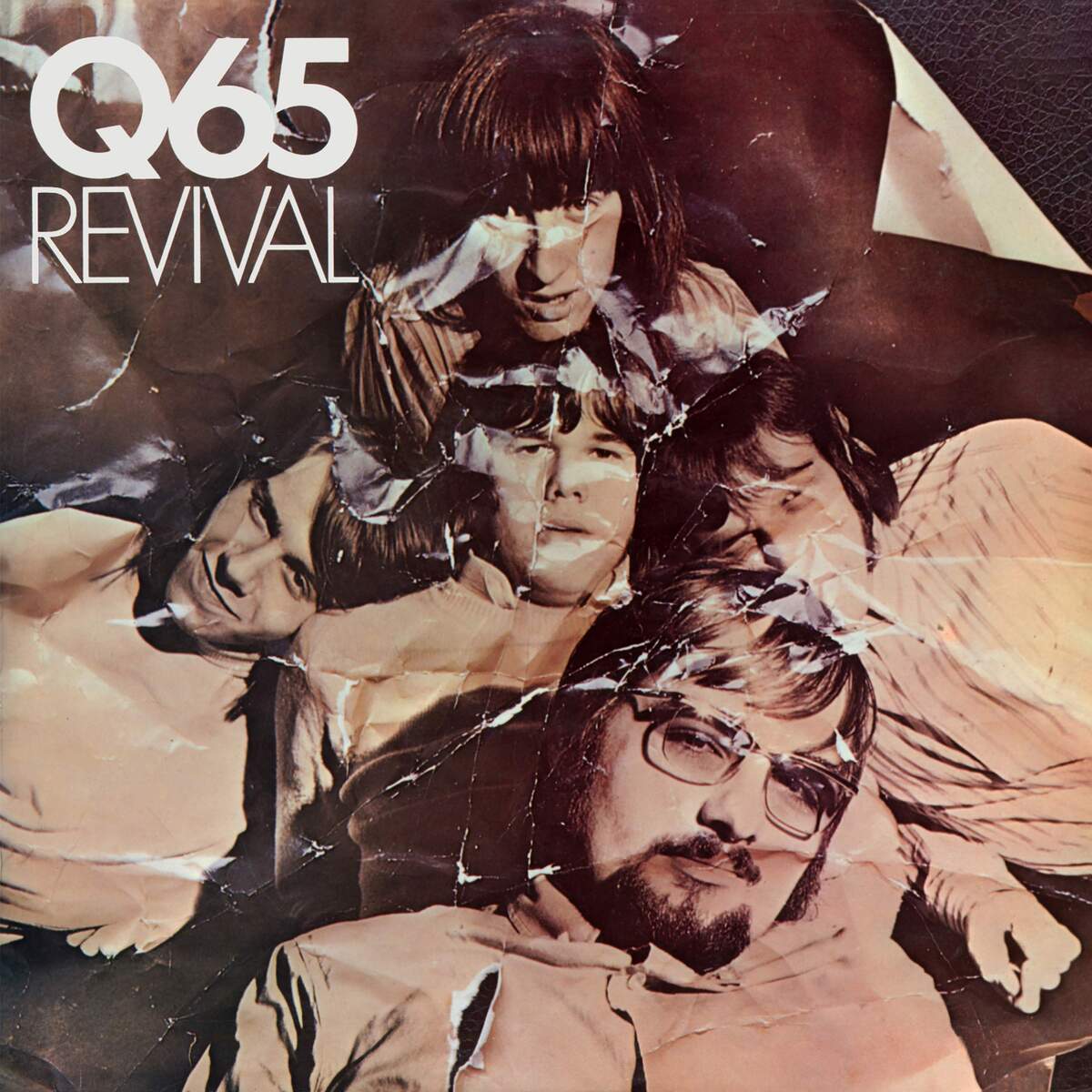
But most of all, credit goes to Hans van Vuuren, Mike Stax, and Ron de Bruijn, who started this project ten years ago, had a vision, and moved mountains to eventually create this beautiful result… a monumental boxed set, containing 11 CDs and a beautifully illustrated book in record size.
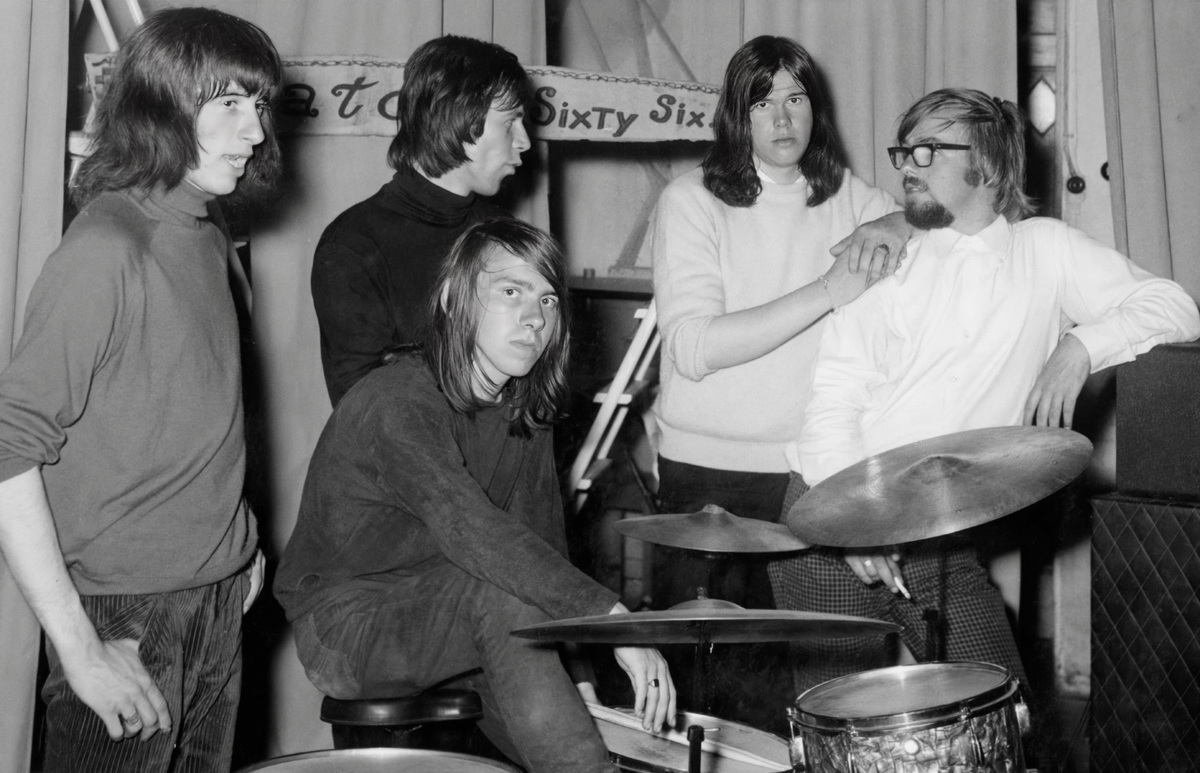
Can you share any anecdotes or memorable moments from your time with Q65?
The promo tour in June 1966 for our single ‘The Life I Live,’ in which we took a rubber boat from London to Scheveningen, became the stuff of legends. And of course, the many riots and disturbances during our performances. There was always something going on!
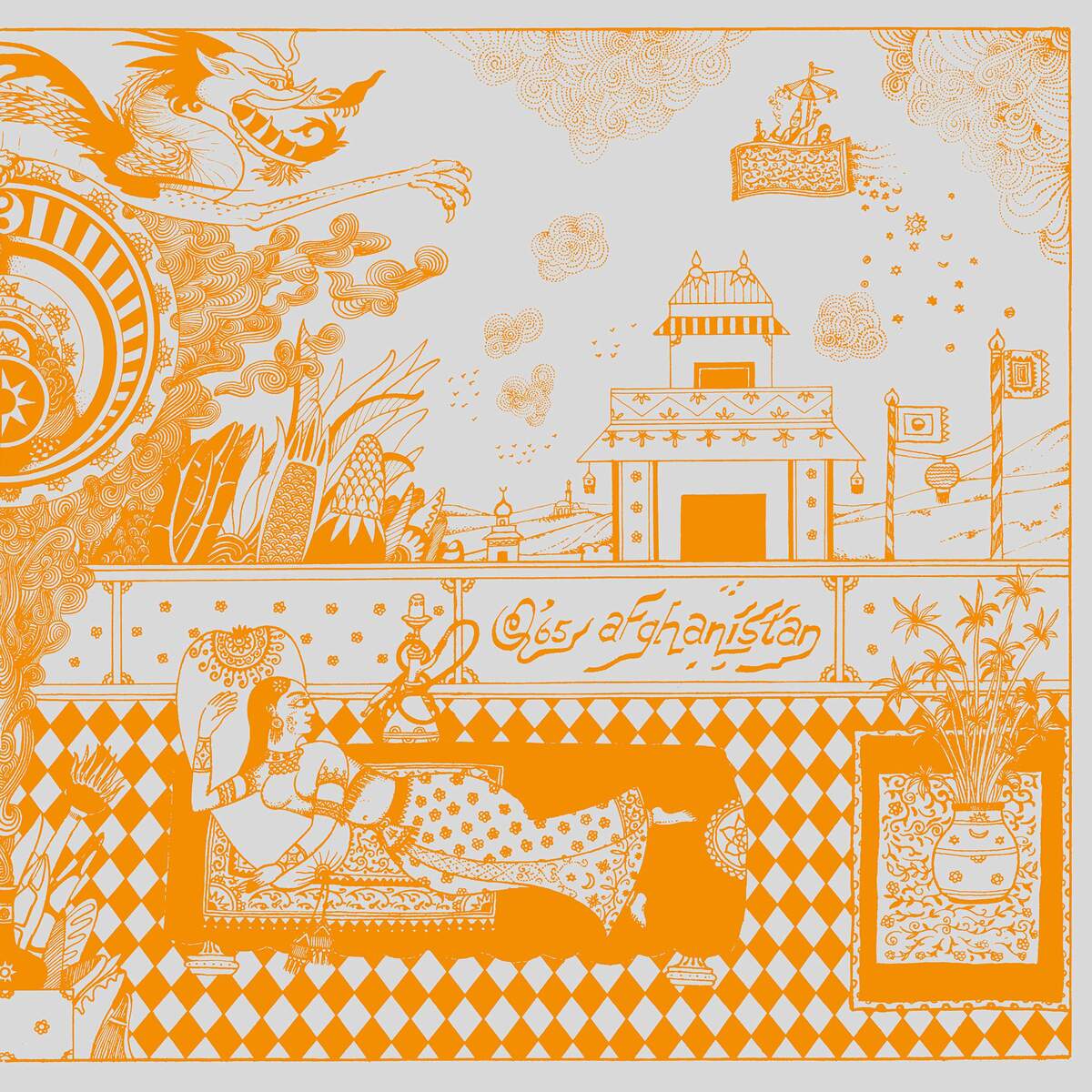
‘The Life We Live’ also includes your 1971 solo album ‘Rainman.’ What prompted the decision to include this album alongside Q65’s recordings, and how do you see it fitting into the broader narrative of the anthology?
I had created several songs that, at that moment (1970/1971), didn’t fit in the Q65 repertoire, but I still wanted to record them. Jay Baar wrote the lyrics, so there was a substantial Q65 influence that makes them fit in this collection.
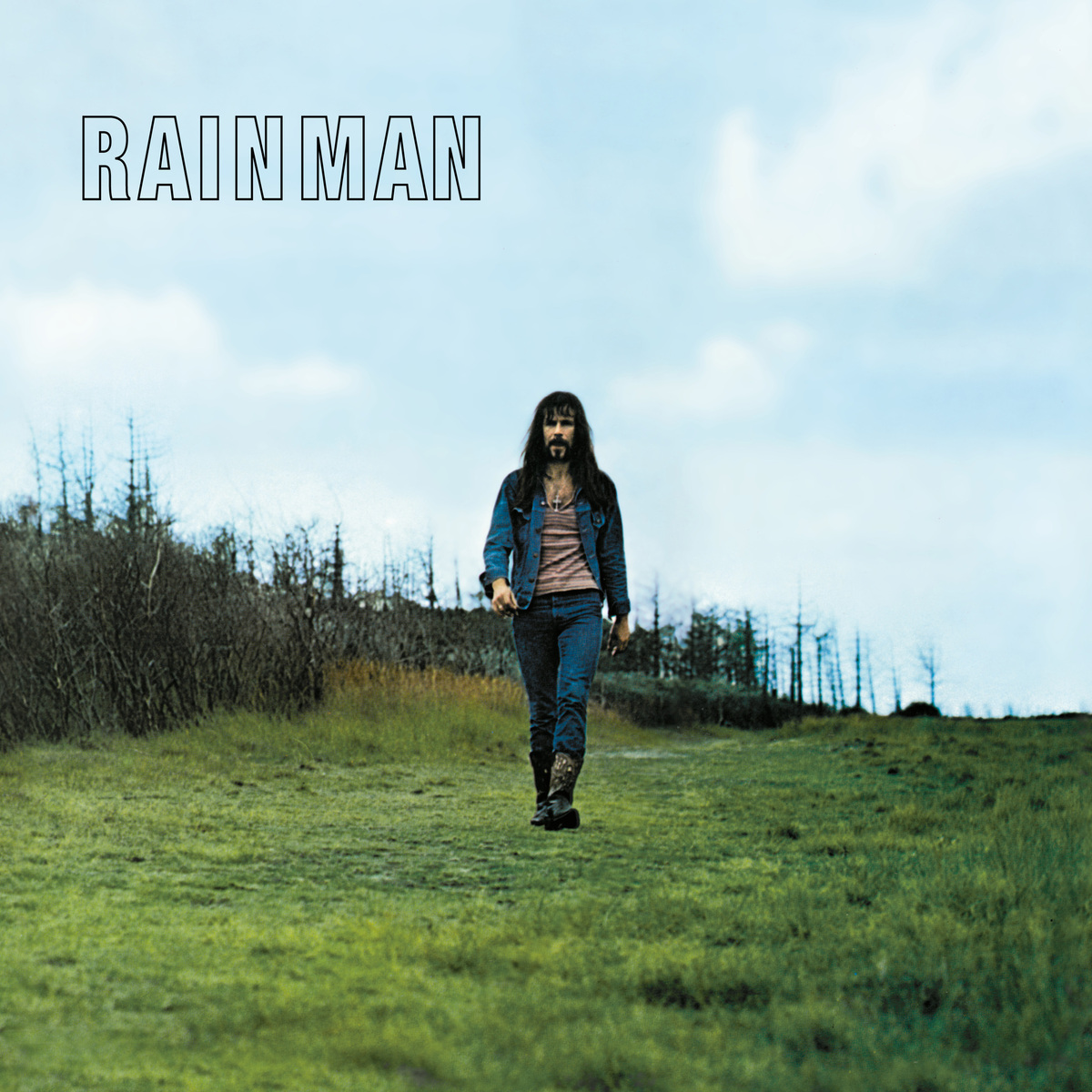
Would love it if you could share some further words about the recording of ‘Rainman.’ Do you consider it a concept album?
Record company Negram allowed me to use a brand-new and unfinished 16-track sound studio in 1971. We sometimes had to improvise with the possibilities, but that led to some fun ideas and good tracks.
The solo album showed your other side, a folky side. How did you approach songwriting at the time?
I would come up with a melody and accompanying chords in a set measure and pace. Later on, in cooperation with Jay Baar, we would fit the lyrics into this creation.
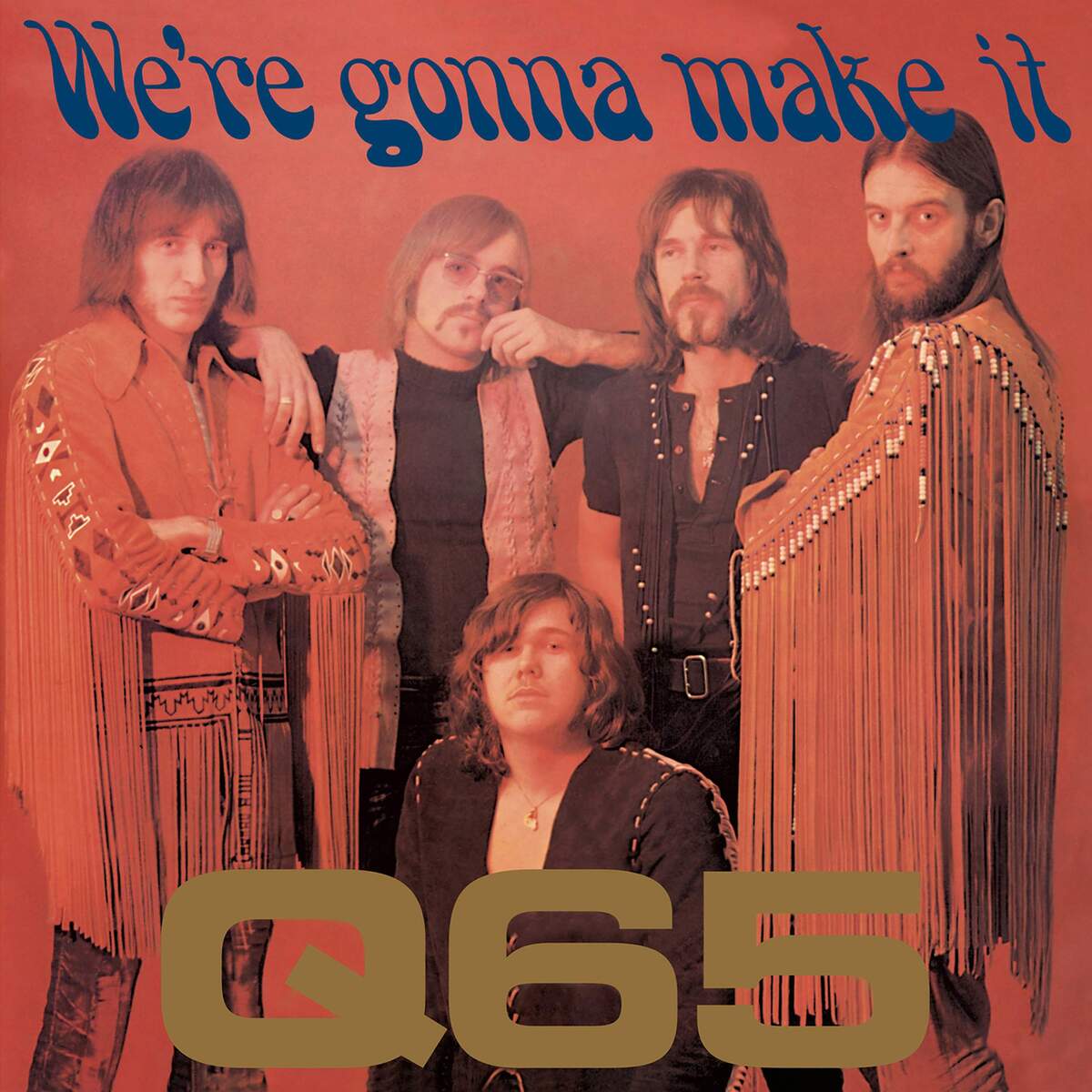
Is there any unreleased material left?
As far as I know, there is no unreleased material left.
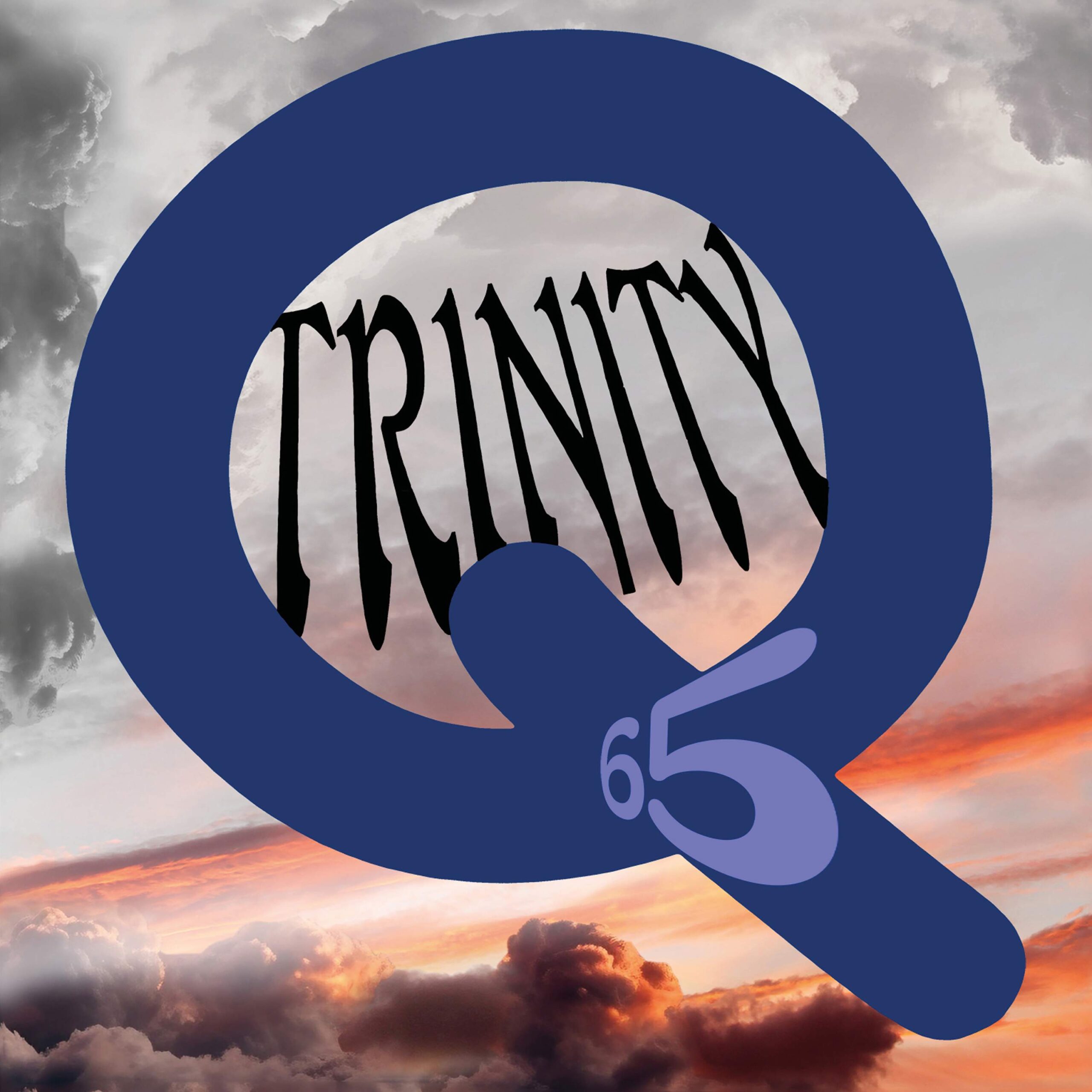
Back to Q65, if we would listen now to all four albums, ‘Revolution’ (1966), ‘Revival’ (1969), ‘Afghanistan’ (1970), ‘We’re Gonna Make It’ (1971), what are some recollections that run through your mind for each?
I don’t have any detailed memories of these. It’s been such a long time since we made those albums and so much has happened since.
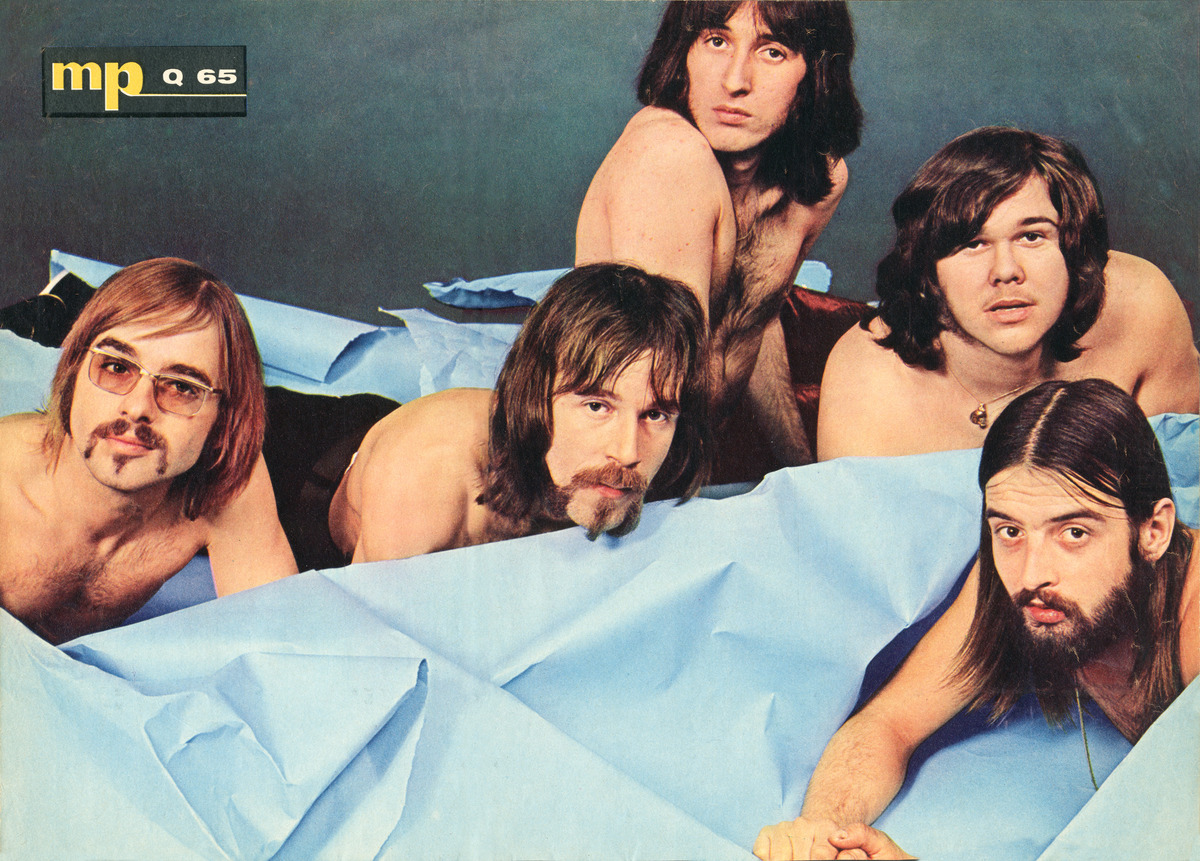
How do you think Q65’s music evolved from album to album, and what influenced these changes?
The differences between the albums were a natural happening, influenced by scores of events. In those years, we saw so many new and musical developments in rapid time… Things shifted from R&B to beat to psychedelia.
Can you describe the dynamics within the band during different phases of its existence?
I can’t actually really remember those, after so many years. So much happened on so many fronts!
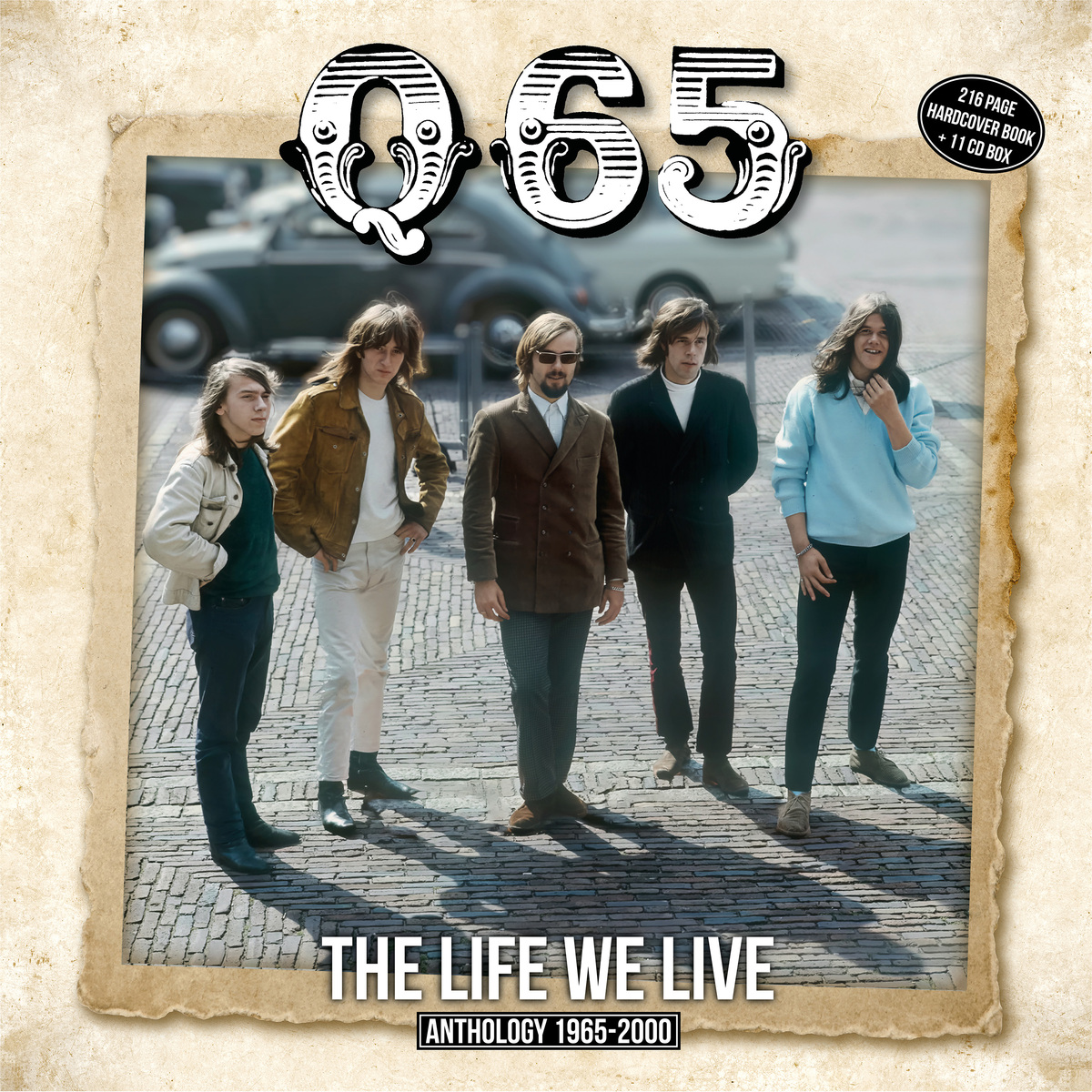
“1200 angry beat-fans smashing the furniture”
What would be the craziest gig Q65 ever did?
The craziest gig was in the Scala-hall in Valkenburg (August 1, 1966). The gig was canceled when we arrived late, due to car troubles with our van. Due to that, the owner of the venue only wanted to refund half the cost of the tickets to the audience, which led to 1200 angry beat-fans smashing the furniture of the venue to bits!
What currently occupies your life?
The Life I Live (smile) (Or: To live my life).
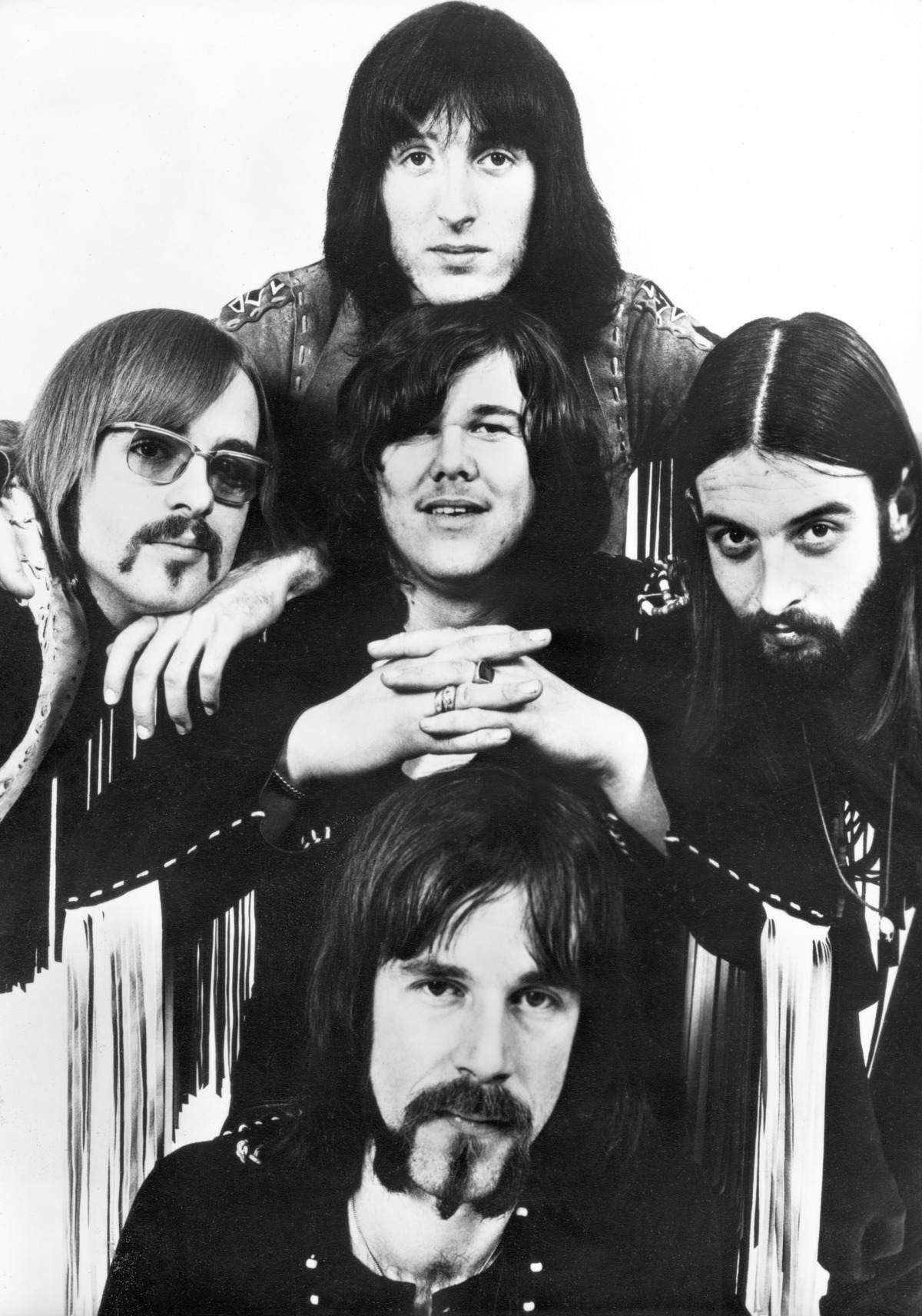
How do you perceive Q65’s legacy within the broader context of rock and roll history?
I perceive it as a noteworthy contribution to the Dutch rock and beat music of the 60s.
Klemen Breznikar
Headline photo: Q65 (1966)
Q65 | Interview | Joop Roelofs
Group 1850 | Interview | Beer Klaasse
Group 1850 – ‘Purple Sky – The Complete Works And More’ (2019)
Peter Sjardin
The Outsiders | interview | Ronnie Splinter

